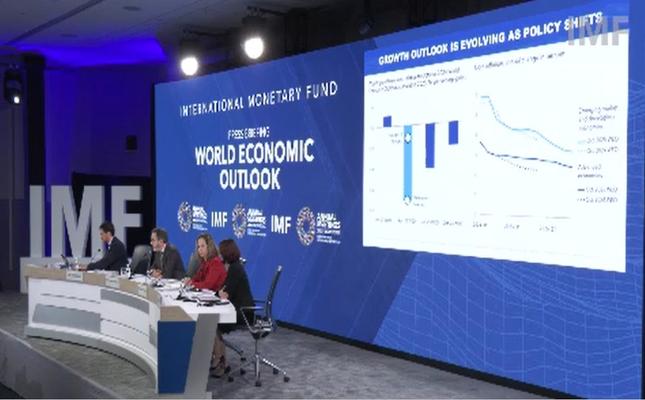The International Monetary Fund (IMF) has projected a resilient global economic growth trajectory, forecasting expansions of 3.2% in 2025 and 3.1% in 2026, despite persistent trade tensions and broader economic uncertainties. These projections were unveiled during the IMF-World Bank Annual Meetings in Washington, D.C., where officials highlighted the complex interplay of evolving trade policies and fiscal dynamics shaping the global outlook. Pierre-Olivier Gourinchas, IMF’s Chief Economist, emphasized that while inflationary pressures have increased modestly, the impact of tariff shocks has been mitigated by trade exemptions and new agreements. He noted that many countries have avoided retaliatory tariffs, and private-sector adaptability has cushioned the effects of policy shifts. However, Gourinchas warned that risks remain, particularly in advanced economies like the U.S., where growth projections have been revised downward due to inflationary and labor market challenges. In Latin America and the Caribbean, the IMF has revised growth forecasts upward, with Mexico leading the region. Guyana, driven by its booming oil sector, remains the Caribbean’s fastest-growing economy, though growth is expected to slow significantly in 2025.
IMF projects continued global growth despite trade tensions and potential economic headwinds
